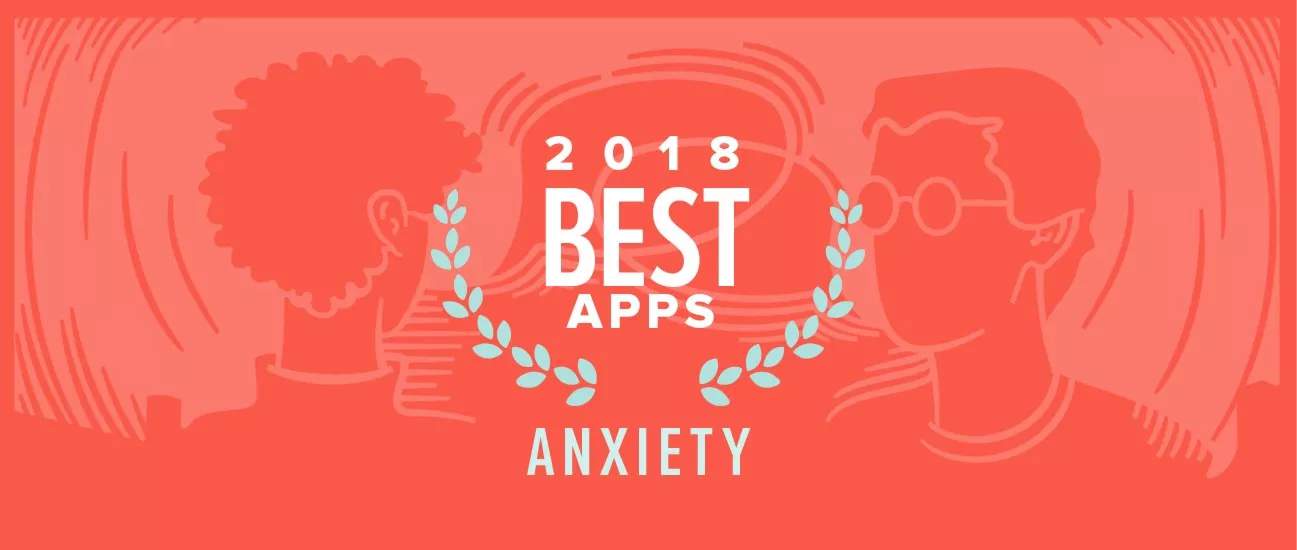










Popular Articles
Crazy-Makers: Dealing with Passive-Aggressive People
Why Are People Mean? Don't Take It Personally!
Struggling to Forgive: An Inability to Grieve
The Secret of Happiness: Let It Find You (But Make the Effort)
20 Steps to Better Self-Esteem
7 Rules and 8 Methods for Responding to Passive-aggressive People
What to Do When Your Jealousy Threatens to Destroy Your Marriage
Guide to How to Set Achieveable Goals
Catastrophe? Or Inconvenience?
Popular Audios
Audio Version of Article: Crazy-Makers: Passive-Aggressive People
Audio Version of Article: Why Are People Mean? Don't Take It Personally!
PsychNotes September 2018
by Monica A. Frank, Ph.D.
Clinical and Sport Psychologist

Index
Previous
Next
Don't Accept Criticism Without Evaluating the Source
When I studied karate katas (elaborate forms demonstrating techniques) I learned the value of criticism. The more my instructor seemed to nitpick on everything I did, the better I became and the more tournaments I won. The reason for this is I realized he could only focus on minor details if I was learning the katas well generally. Otherwise, his focus would be on more major mistakes. I came to value his criticism. However, I noticed others could easily become discouraged with the same type of instruction.
Criticism can be devastating for many people. Even constructive criticism causes them to lose self-esteem and self-confidence. I think one of the main reasons for this is they accept all criticism without evaluating it. So, instead of picking and choosing which criticism is worthwhile, they accept all criticism which leads to criticism overload. At that point, they don't hear the nuggets of helpful advice. Instead, all they hear is the fact they are receiving criticism. The result is repeated blows to the sense of self creating feelings of failure, hopelessness, and worthlessness.
How can criticism overload be avoided?
One of the best ways to avoid criticism overload is to evaluate it before accepting it. This can be difficult to do because you need to listen to the criticism to evaluate it which can cause distress and affect self-esteem. However, one way to decrease the amount of criticism you absorb is to first evaluate the source of the criticism before even listening to it. Read more...

Measuring Progress Creates Progress
One of the differences between behavioral therapy and other types of psychotherapy is the concrete measurement of progress. Psychological research has shown repeatedly that people's episodic memories, or memories of past events, are often not very reliable. Such memories are easily influenced, in the case of memories of progress the influence usually is current state of mind or mood.
Frequently, clients would come into my office discouraged: “I just don't feel I'm getting any better. Is all this work worth it?” Now, fortunately for me, as a behavioral therapist I had all kinds of data. For instance, when my clients arrived for their appointment, they completed a short assessment rating symptoms. I could pull out their prior assessments to show how their ratings had improved.
Another way we could assess progress was that assignments were created with ways to measure improvement. For example, a person with depression is often told to try and engage in activities that brought pleasure in the past. Instead of telling someone this and relying on their memory of the past week, I had them write it down with a rating of how enjoyable it was.
What often occurs especially for those with depression is the memory is distorted by the depressed mood. So, if asked about enjoyable events, they say, “Nothing is enjoyable. I always feel the same.” Yet, when they rate an event immediately after it occurs, the rating often shows something different. I could look at the ratings and respond, “No, there is variability in your ratings. You don't always feel the same.” Read more...

“Are You Depressed?”: Understanding Diagnosis and Treatment
When Gina told her doctor she was feeling depressed, he gave her a screening test that asked about her symptoms: little interest in doing things, feeling depressed or hopeless, sleep problems, lack of energy, poor appetite or overeating, feelings of failure, problems concentrating, restlessness or slow movements, and thoughts of self-harm. Other than suicidal thoughts, Gina endorsed all of the symptoms and scored high on the test. Her doctor immediately prescribed an anti-depressant.
What is wrong with this scenario?
1) No follow-up questions. A screening test doesn't determine whether someone is depressed or not. The purpose of the test is to determine the possibility of depression. If a person scores high on the test, it is crucial for the doctor to ask follow-up questions and to possibly do other medical tests because a person can have all of these symptoms and not have depression. In fact, as discussed below, there are conditions (called rule-out criteria) that exist indicating a different type of problem could be causing the symptoms. These need to be determined prior to diagnosis. Read more...
Healthline included Excel At Life's "Stop Panic & Anxiety Self-Help" app in Best Anxiety Apps of 2018
"If you’ve experienced panic attacks due to anxiety, this app can help you manage them. Keep a personal diary or use the panic assistance audio to help you overcome attacks. It also features relaxation audio to lower stress and relax the body. Articles cover emotional training, cognitive behavioral therapy, and more."
Some links:

















